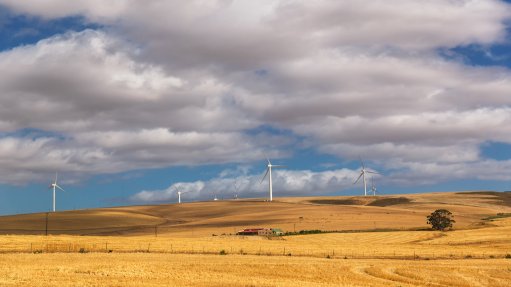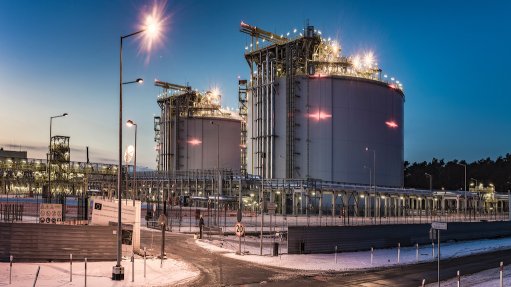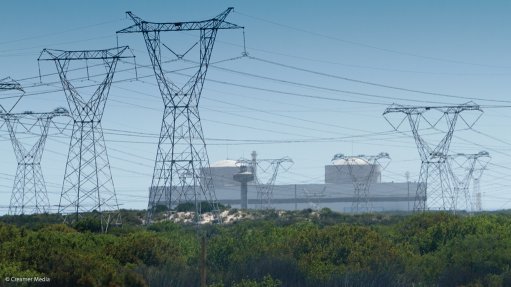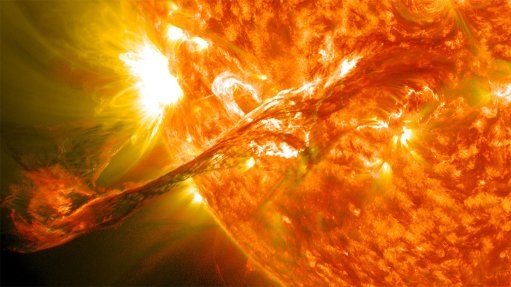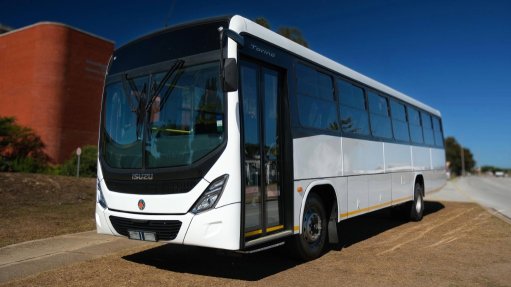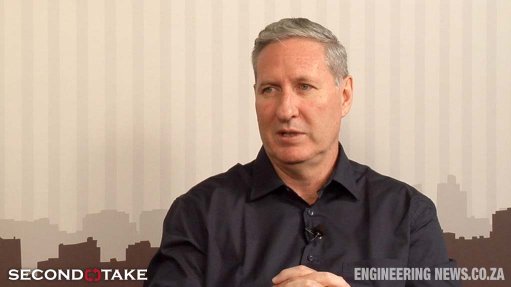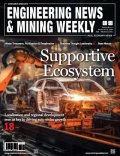Place clean energy at the centre of post-Covid-19 recovery efforts – IEA

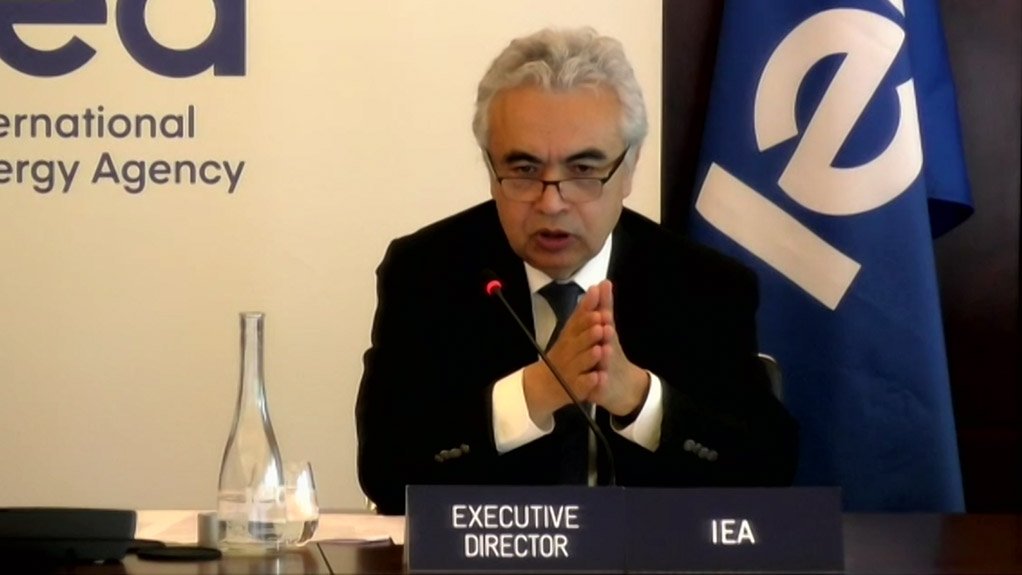
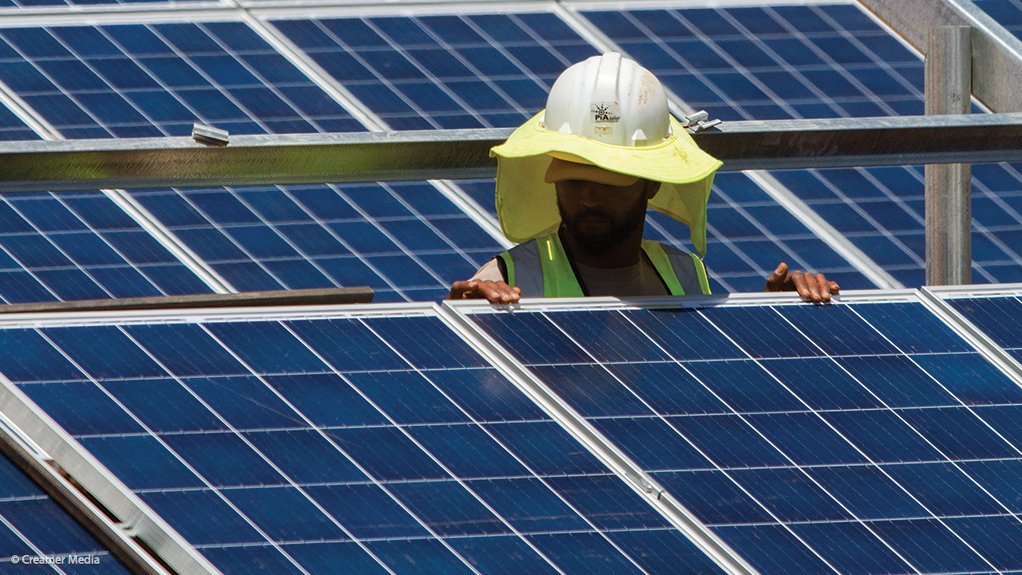
IEA executive director Dr Fatih Birol during a webinar on May 20
Photo by Creamer Media
A new International Energy Agency (IEA) report forecasts that the world will add 167 GW of new renewables capacity in 2020, a 13% decline when compared with record 2019 renewable-power connections of 192 GW.
Besides being the first fall in new additions in 20 years, the Covid-19-induced downward revision is 20% below the IEA’s October forecast, which predicted that 2020 would be another record year for renewables installations.
Almost all mature markets have been affected by downward revisions, except for the US, where investors are rushing to complete projects before tax credits expire. After exceptional growth in 2019, Europe’s new additions are set to fall by one-third in 2020, their largest yearly decline since 1996.
The economic downturn is also expected to increase existing financing and project development challenges for countries in Africa, pushing some planned projects beyond 2021.
The decline in installations reflects possible delays in construction activity as a result of supply chain disruptions, lockdown measures, physical distancing guidelines and emerging financing challenges.
Nevertheless, the Renewable Market Update, released on May 20, estimates that overall global renewable power capacity will grow by 6% this year, surpassing the total power capacity of North America and Europe combined.
Renewables will also be the only energy source to grow at all in 2020, with fossil fuels to fall sharply and nuclear to contract, albeit more modestly.
NOT IMMUNE, BUT MORE RESILIENT
“Renewables are not immune to the Covid-19 crisis, but are more resilient than other fuels,” the report states.
The IEA expects growth to recover strongly in 2021, but is still urging policymakers to place clean energy at the centre of post-Covid-19 recovery efforts to accelerate permanent emission reductions.
Emissions are expected to fall by 8% in 2020, the largest contraction since the World War Two. However, the drop did not represent a structural decline and emissions would rise again once economies began recovering from the pandemic.
Executive director Dr Fatih Birol says the relative resilience of renewable electricity to the Covid-19 crisis is good news but cannot be taken for granted, especially beyond 2021, when 70% of wind and solar photovoltaic projects would be subject to market and policy uncertainty.
“Even before the Covid-19 pandemic struck, the world needed to significantly accelerate the deployment of renewables to have a chance of meeting its energy and climate goals. Amid today’s extraordinary health and economic challenges, governments must not lose sight of the essential task of stepping up clean energy transitions to enable us to emerge from the crisis on a secure and sustainable path,” Birol adds.
Therefore, the IEA is recommending that renewables be included in post-pandemic stimulus packages, with priority given to those
sectors and project categories that offer early opportunities for job creation, economic recovery and promote efficient, resilient and cleaner energy systems.
Expanding the scope of and budgets for existing support schemes that have already worked offers an avenue to delivering quicker results, while addressing policy, finance and grid integration uncertainties.
“Governments have the opportunity to reverse this trend by making investment in renewables a key part of stimulus packages designed to reinvigorate their economies. This offers the prospect of harnessing the structural benefits that increasingly affordable renewables can bring, including opportunities for creating jobs and economic development, while reducing emissions and fostering innovation.”
The report also makes specific policy proposals, including using proven support mechanisms, such as auctions, tax incentives and building regulations to support both large- and small-scale projects.
“The spectacular growth and cost reductions of renewables over the past two decades have been a big success story for global energy markets, driven by innovation in both technology and policies. But continuing cost declines will not be enough to protect renewables from a range of uncertainties that are being exacerbated by Covid-19,” Birol says.
“This underlines the critical importance of getting stimulus packages and policy strategies right in order to ensure investor confidence in the months and years ahead.”
Article Enquiry
Email Article
Save Article
Feedback
To advertise email advertising@creamermedia.co.za or click here
Comments
Press Office
Announcements
What's On
Subscribe to improve your user experience...
Option 1 (equivalent of R125 a month):
Receive a weekly copy of Creamer Media's Engineering News & Mining Weekly magazine
(print copy for those in South Africa and e-magazine for those outside of South Africa)
Receive daily email newsletters
Access to full search results
Access archive of magazine back copies
Access to Projects in Progress
Access to ONE Research Report of your choice in PDF format
Option 2 (equivalent of R375 a month):
All benefits from Option 1
PLUS
Access to Creamer Media's Research Channel Africa for ALL Research Reports, in PDF format, on various industrial and mining sectors
including Electricity; Water; Energy Transition; Hydrogen; Roads, Rail and Ports; Coal; Gold; Platinum; Battery Metals; etc.
Already a subscriber?
Forgotten your password?
Receive weekly copy of Creamer Media's Engineering News & Mining Weekly magazine (print copy for those in South Africa and e-magazine for those outside of South Africa)
➕
Recieve daily email newsletters
➕
Access to full search results
➕
Access archive of magazine back copies
➕
Access to Projects in Progress
➕
Access to ONE Research Report of your choice in PDF format
RESEARCH CHANNEL AFRICA
R4500 (equivalent of R375 a month)
SUBSCRIBEAll benefits from Option 1
➕
Access to Creamer Media's Research Channel Africa for ALL Research Reports on various industrial and mining sectors, in PDF format, including on:
Electricity
➕
Water
➕
Energy Transition
➕
Hydrogen
➕
Roads, Rail and Ports
➕
Coal
➕
Gold
➕
Platinum
➕
Battery Metals
➕
etc.
Receive all benefits from Option 1 or Option 2 delivered to numerous people at your company
➕
Multiple User names and Passwords for simultaneous log-ins
➕
Intranet integration access to all in your organisation








